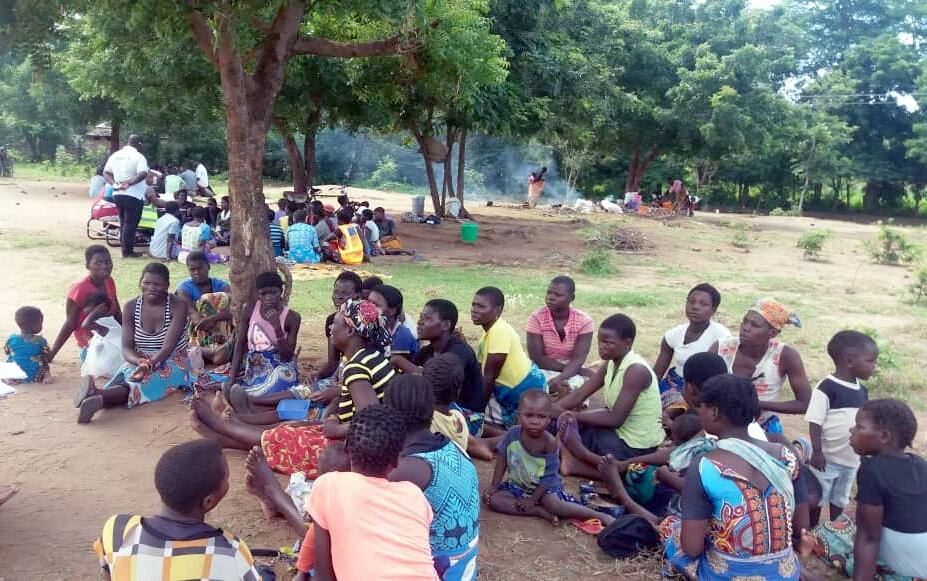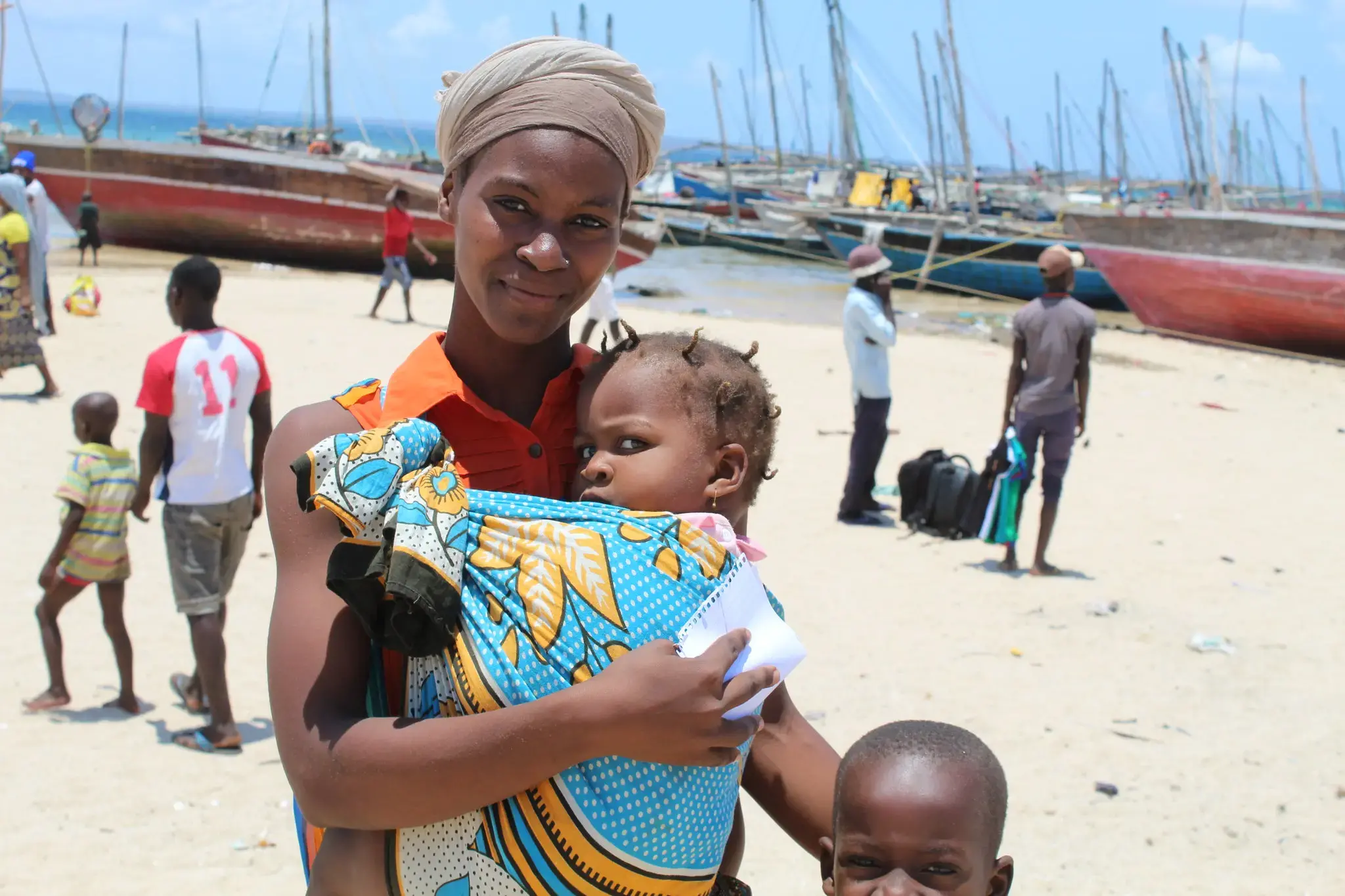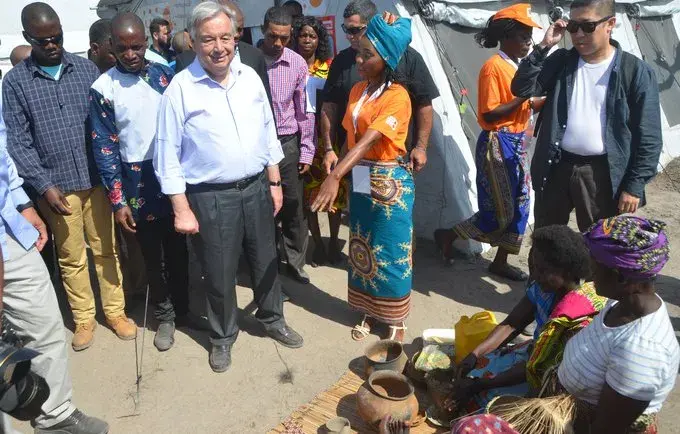MALAWI—UNFPA has distributed reproductive health kits for women affected by the devastation caused by Cyclone Idai, to ensure they have access to clean delivery, proper management of miscarriage and complications arising from abortion, and treatment of sexually transmitted infections.
Reproductive health kits help prevent maternal and neonatal deaths.
Malawi is currently experiencing a humanitarian crisis, due to floods having affected 15 out of 28 districts, with an estimated 732,000 people requiring assistance.
As well as the destruction of their homes, livelihoods and lack of food, in times of crisis such as this, women and girls face a number of potentially life-threatening complications related to their sexual and reproductive health.
Of the population affected, it is estimated that more than 217,000 are women of childbearing age.
Since the flooding began, one maternal death and four complications of delivery have been reported. More than 7,000 deliveries are expected among the affected populations in the next three months.
Assisting women with safe delivery
Through Inter-Agency assessments, UNFPA has documented cases of pregnant women delivering in camps assisted only by unskilled birth attendants.
Long distances to health facilities and flooded roads have limited their access to health-care services and information on where to get services, in the absence of community outreach activities.
“Roads have been cut off and it is very difficult to access health care,” said Humphreys Shumba, Humanitarian Coordinator for UNFPA Malawi. “Two facilities have been submerged, destroying drugs and supplies, equipment and health records.”
About 187 camps have been established to shelter those affected by the floods. At least two health facilities (Makhanga and Ndamera) in Nsanje district have been adversely affected, making effective functioning of the referral system difficult.
Girls, boys, women and men are expected to sleep in common shelters with poor lighting, which means women and girls in particular run the risk of rape and/or sexual assault. Currently, no safe spaces have yet been established to support women and girls.
UNFPA responds to women and girls' needs

to affected sites. © UNFPA Malawi
To help manage the risk of gender-based violence (GBV), 5,000 dignity kits have been ordered to address women and girls’ sanitary and dignity needs in the camps. The contents include soap, underwear, sanitary pads, a sanitary cloth, a wrapping cloth, toothpaste, a razor, a plastic bucket and plastic cup.
More kits are expected to be delivered, as efforts are underway to secure funding to purchase another 10,000 dignity kits to ensure women and girls’ dignity.
Non-governmental organizations are being brought in as partners to provide information on prevention and management of GBV, to address the matter of limited information availability on where women and girls can access sexual and reproductive health and GBV-related services.
Malawi’s President, Prof. Arthur Peter Mutharika, on 8 March declared a State of Disaster in the areas affected and called for both local and international organizations to join the government in efforts to provide relief. UNFPA is providing support to sexual and reproductive health and GBV response.
- Henry Chimbali





